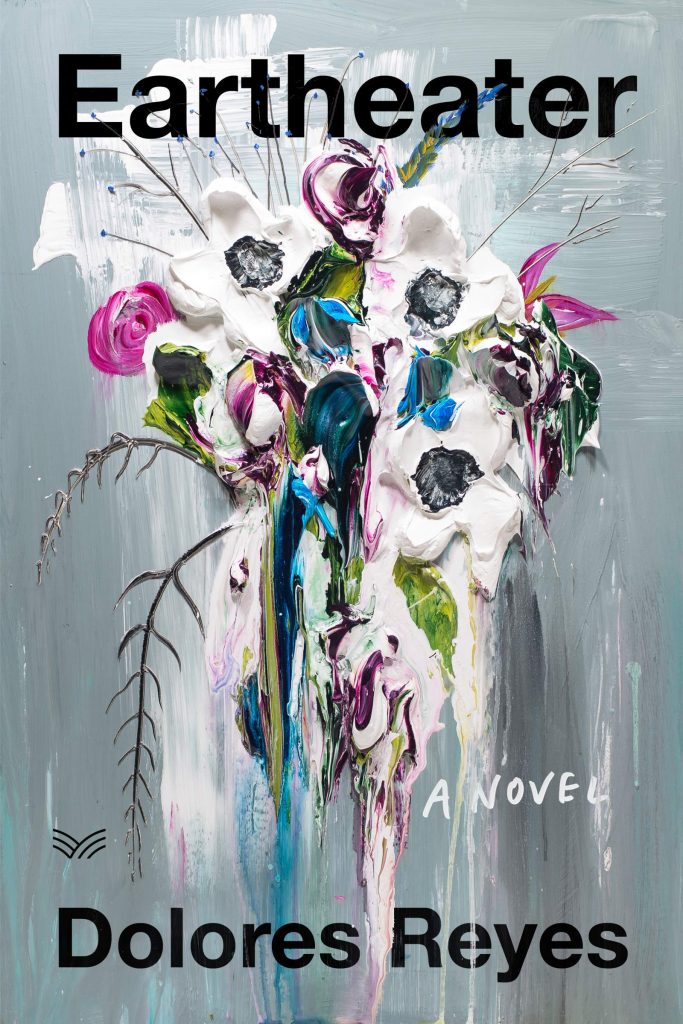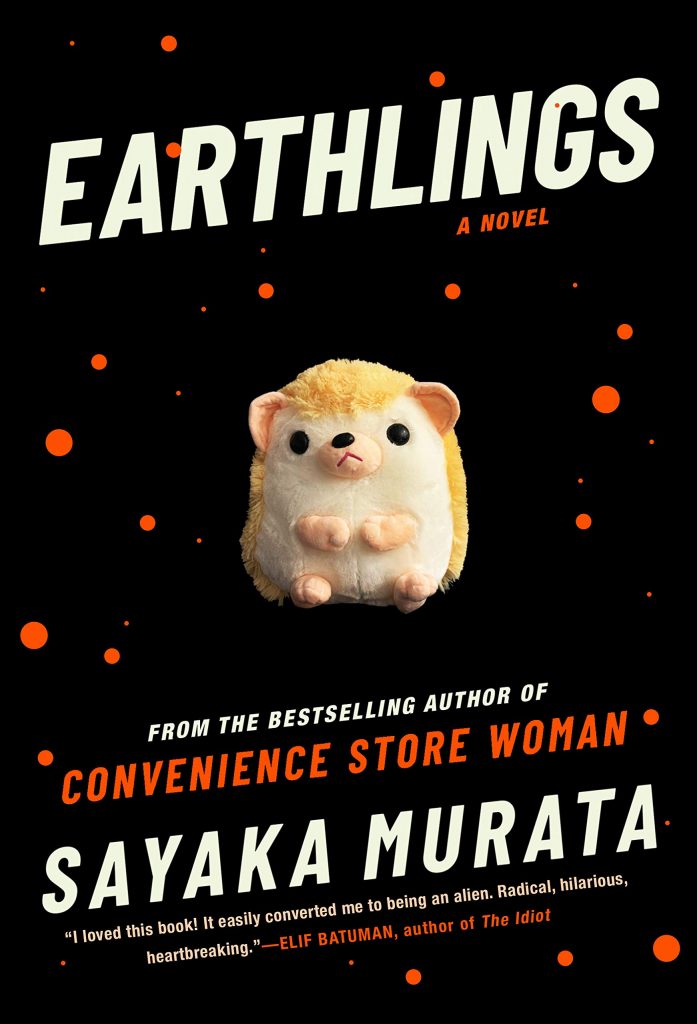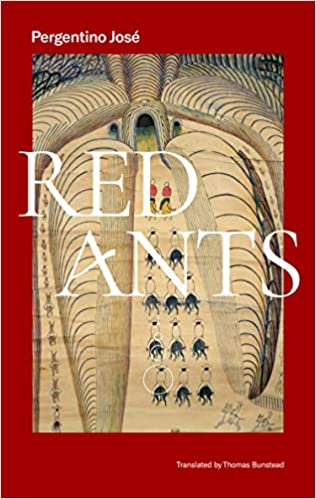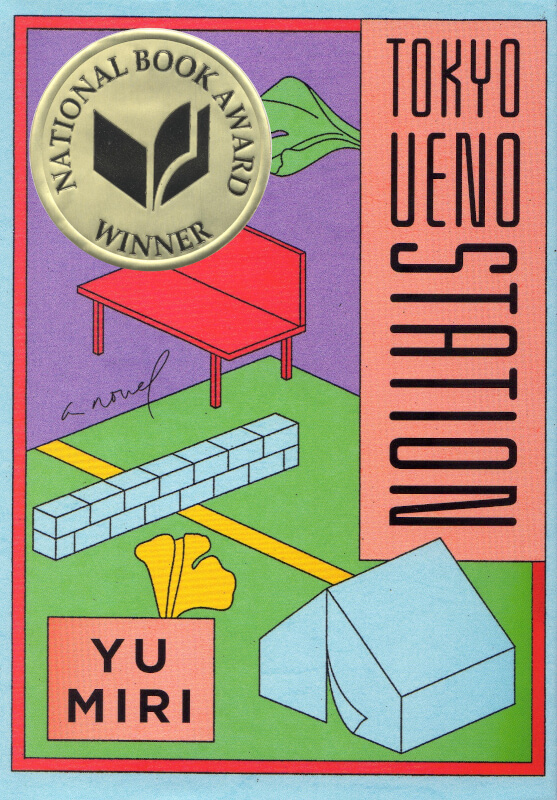Okay, so what is magical realism, anyway? Pretty straightforward: It’s fiction that’s very much anchored in our world, but maintains some element of the fantastical. Often–but not always–these elements go unacknowledged as extraordinary by the characters in the story, tipping us off to the fact that they’re in our world, just with slightly more interesting rules. Could feel whimsical, could feel unsettling, depending on the author’s inclination. You’ve probably heard of or read some magical realism before. Heard of One Hundred Years of Solitude (…or currently feel like that’s what you’re living through)? Cool, you’ve heard of magical realism. It’s a genre that’s really great to dive into when reality is a major drag–although magical realism isn’t always uplifting–so it’s a mainstay of my current reading habits. Here are a few titles I’ve either enjoyed or can’t wait to get my grubby hands on:

Eartheater, by Dolores Reyes: I’ll admit, I haven’t read this one yet, but it seems like the good kind of weird. The narrator of this book has a curious and macabre ability: When she eats dirt, she has visions of missing people’s last moments.

Earthlings, by Sayaka Murata: I think that this is only the second of Sayaka Murata’s eleven novels to be translated into English, but the first–Convenience Store Woman–was great, so I’m guessing this is, too. It does seem significantly darker than that novel, though. Its protagonist, Natsuki, is so repelled by the conformist conventions of society that she comes to believe she’s an alien, driven to acts of desperation by an unfeeling human race. Trigger warning: This book apparently contains some pretty unflinching scenes of child abuse. If you’re looking for uplifting magical realism, this ain’ it.

Red Ants, by José Pergentino: This is a short story collection, and Pergentino’s first book translated into English (and also is the first Zapotec-language author translated in the U.S.), although he’s already a celebrated author in Mexico. His work tends to deal with themes of indigenous family life in Oaxaca, but with a surreal twist.

Tokyo Ueno Station, by Yu Miri: So there’s always a spectrum with magical realism that goes from “pretty much reality with one or two funky things” to “dang that is real weird.” This is the former. It deals with issues of family loss, class, and empire as seen through the eyes of Kazu, a laborer–who is also a ghost, destined to wander Ueno Park in search of the thing that ghosts are always in search of: some form of closure. It’s a stellar book and it just won the National Book Award for translated literature. Go read it, people.

Piranesi, by Susanna Clarke: I struggled with whether or not to include Piranesi on this list. There’s been some debate over Clarke’s work in the past about whether it’s realistic fantasy or fantastical realism. That argument is splitting hairs and is kind of besides the point, in my opinion, but I think it was more relevant with her previous work than with Piranesi. The eponymous narrator of this book is trapped in a labyrinthine house of endless rooms; the house holds oceans, birds, aquatic life–and, sometimes, one other human visitor. As the story proceeds, Piranesi discovers that he had a life prior to the house, though he feels as though he’s always been there. I have one complaint about this book: that it was not longer.
Happy reading, folks!